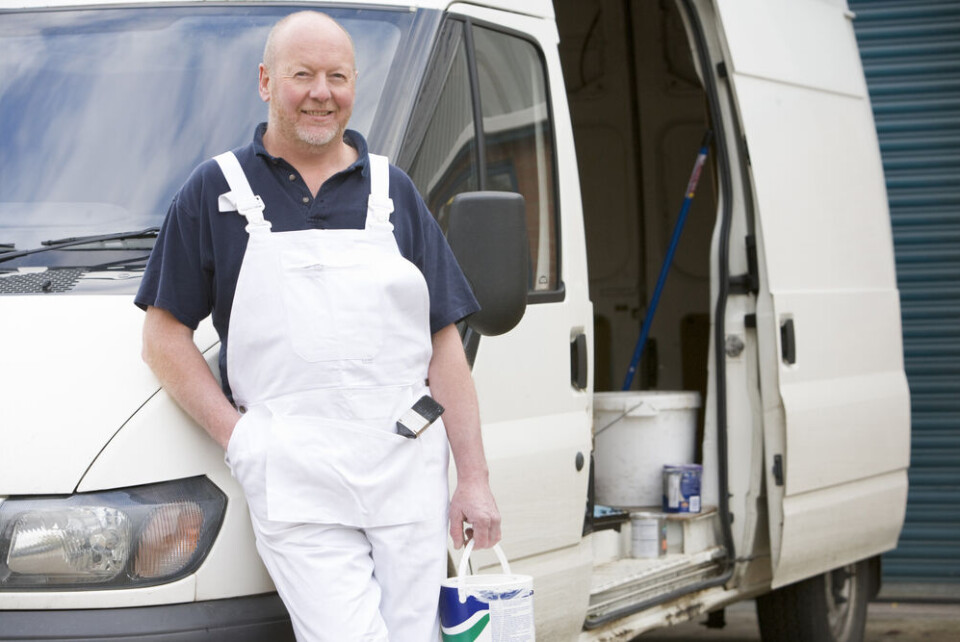-
Vision of a princess: spectacular and pioneering garden in Normandy
Le Jardin de Vasterival, located on the coast not far from Dieppe, is considered to be one of the most beautiful gardens in Europe
-
How many bank holidays does France get vs Europe and US?
See how France compares as MPs debate taking away two of the country’s jours fériés
-
French garden: choose drought tolerant daisies and echinacea
Cathy Thompson tells us why she is hooked on the grassland plants of the North American prairie
Is it legal to pay a tradesperson in cash in France?
There are rules which dictate how to pay for work at your home

Reader question: What are the risks involved in paying for work done at our house in cash?
Payments in cash of up to €1,000 are permitted by an individual to a professional for tax residents of France.
The limit is €15,000 for non-residents.
If your payment exceeds the limits, you and the workers could potentially be subject to a fine of 5% of the amount, with each liable for half, should it come to light.
You may also be concerned that if a worker asks for payment in cash, they may be ‘working on the black’ (travail dissimulé).
This refers to situations where businesses (including self-employed tradespeople) are not properly declared and thus not paying all appropriate tax and social charges.
In such a case, the worker will also be uninsured and your own home insurance would be invalidated if something went wrong.
There is also a risk that the worker may be poorly or incorrectly trained for the role.
In the worst-case scenario, you can face fines up to €45,000 and even prison for employing someone 'on the black'.
You can expect that a correctly registered and declared tradesperson / business will provide a written quote (devis) before any work is undertaken and a facture (invoice) when completed.
This should be signed off as acquittée (paid) once you have paid.
Paperwork should also include their Siret (registration) number (which can be checked at infogreffe.fr) and insurance details.
If, however, you want to employ someone directly (ie. not a firm), there are formalities which include the payment of social charges.
The simplest way is probably to use Cesu (cesu.urssaf.fr) if a resident and tpee.urssaf.fr if a non-resident.
























